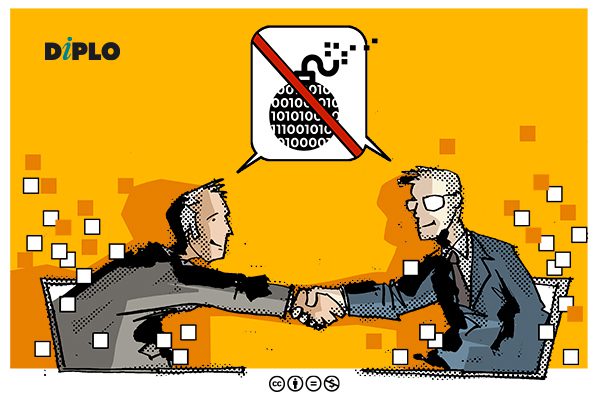Cybernorms
Cybernorms are voluntary guidelines and principles that promote responsible state behaviour in cyberspace.
They are designed to enhance international security and stability by providing a framework for states and other stakeholders to follow in order to mitigate cyber threats and prevent cyber conflicts.
While non-binding, these norms aim to foster cooperation, transparency, and trust among states and other actors in the digital space. Effective implementation of cybernorms requires regular dialogue, cooperation on technical measures, and efforts to hold violators accountable.
Here are the 11 cybernorms endorsed by the United Nations.
-
Non-use of ICTs for Internationally Wrongful Acts: States should not conduct or knowingly support ICT activity that intentionally damages critical infrastructure or otherwise impairs the use and operation of critical infrastructure to provide services to the public.
-
Protection of Critical Infrastructure: States should take appropriate measures to protect their critical infrastructure from ICT threats.
-
Incident Response Cooperation: States should respond to appropriate requests for assistance by another State whose critical infrastructure is subject to malicious ICT acts.
-
Respect for Human Rights: States should respect human rights and fundamental freedoms in their use of ICTs.
-
Non-interference in Internal Affairs: States should not conduct or knowingly support ICT activity that intentionally damages or impairs the use and operation of critical infrastructure for political coercion or to destabilize another State.
-
Non-Use of Proxies: States should not use proxies to commit internationally wrongful acts using ICTs.
-
Responsible Reporting of Vulnerabilities: States should encourage responsible reporting of ICT vulnerabilities and share associated information on available remedies to address such vulnerabilities to limit and possibly eliminate potential threats to ICTs and ICT-dependent infrastructure.
-
Respect for International Law: States should recognize that international law, including the UN Charter, is applicable and essential to maintaining peace and stability and promoting an open, secure, stable, accessible, and peaceful ICT environment.
-
Cooperation for Stability and Security: States should cooperate in developing and applying measures to increase stability and security in the use of ICTs and to prevent ICT practices that are harmful or that may pose threats to international peace and security.
-
Capacity Building: States should consider how best to cooperate to build capacity in developing countries to address ICT security and to develop and implement measures to protect their critical infrastructures.
-
Confidence-Building Measures: States should take steps to build confidence and trust with other States, such as exchanging information, building transparency, and engaging in dialogue to reduce the risk of misperception and miscalculation related to ICT incidents.





